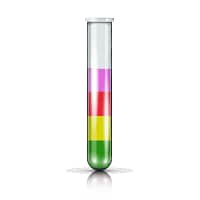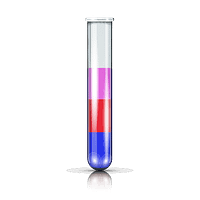Salivary Testing Reproductive Hormones | TestoChecker
Optimal reproductive health is governed by multiple factors such as nutrition, weight, stress and age. Couples who are trying to conceive can look to these areas and make lifestyle choices to boost their chances of becoming pregnant. In addition to this, the body’s hormone production is instrumental in ensuring that a women’s eggs are healthy, that she successfully ovulates every month and that once fertilisation occurs, the embryo implants into the womb (uterus).
The menstrual cycle is driven by an intricate system of hormone synthesis that starts in the brain and feeds down to the ovaries. It is the balance of these hormones that is key; they are exquisitely sensitive to one another and any imbalance in hormone levels can disrupt their interplay and reduce fertility.
Androgens, while predominantly a male hormone, are also produced by females and are important for female reproductive health.
DHEA (dehydroepiandrosterone) is made by the adrenal gland and is a precursor to other types of androgens made in the ovaries, including testosterone. If DHEA levels are low there is less starting material to make testosterone, leading to suboptimal levels. DHEA and testosterone are needed to aid the early maturation of eggs and therefore improve egg quality. On the other hand, if androgen levels are very high, this may point towards a common but treatable, fertility disorder known as polycystic ovary syndrome.
Estrogens and progestogens are major players in the fertility squad, and fluctuate at different stages of the menstrual cycle (typically 28 days).
Estradiol, is the main form of estrogen produced in the ovaries, and acts to prepare the egg for ovulation and for priming the lining of the uterus for implantation. During the first 14 days of the menstrual cycle (the follicular phase), estradiol levels steadily increase to reach a peak just before ovulation.
Progesterone is made after ovulation and is needed to support early pregnancy. During the second 14 days of the menstrual cycle (the luteal phase), progesterone levels rise sharply and remain so until the end of the cycle. When pregnancy has not occurred, progesterone drops off and a period starts, but if pregnant, progesterone production is ramped up.
The impact of stress on fertility in both men and women should not be underestimated. The ‘stress’ hormone cortisol is made in the adrenal gland and can have negative effects on reproductive health. Elevated cortisol can dampen down production of the sex hormones and disrupt the menstrual cycle.
Hormone test results will reveal reproductive hormonal health.


